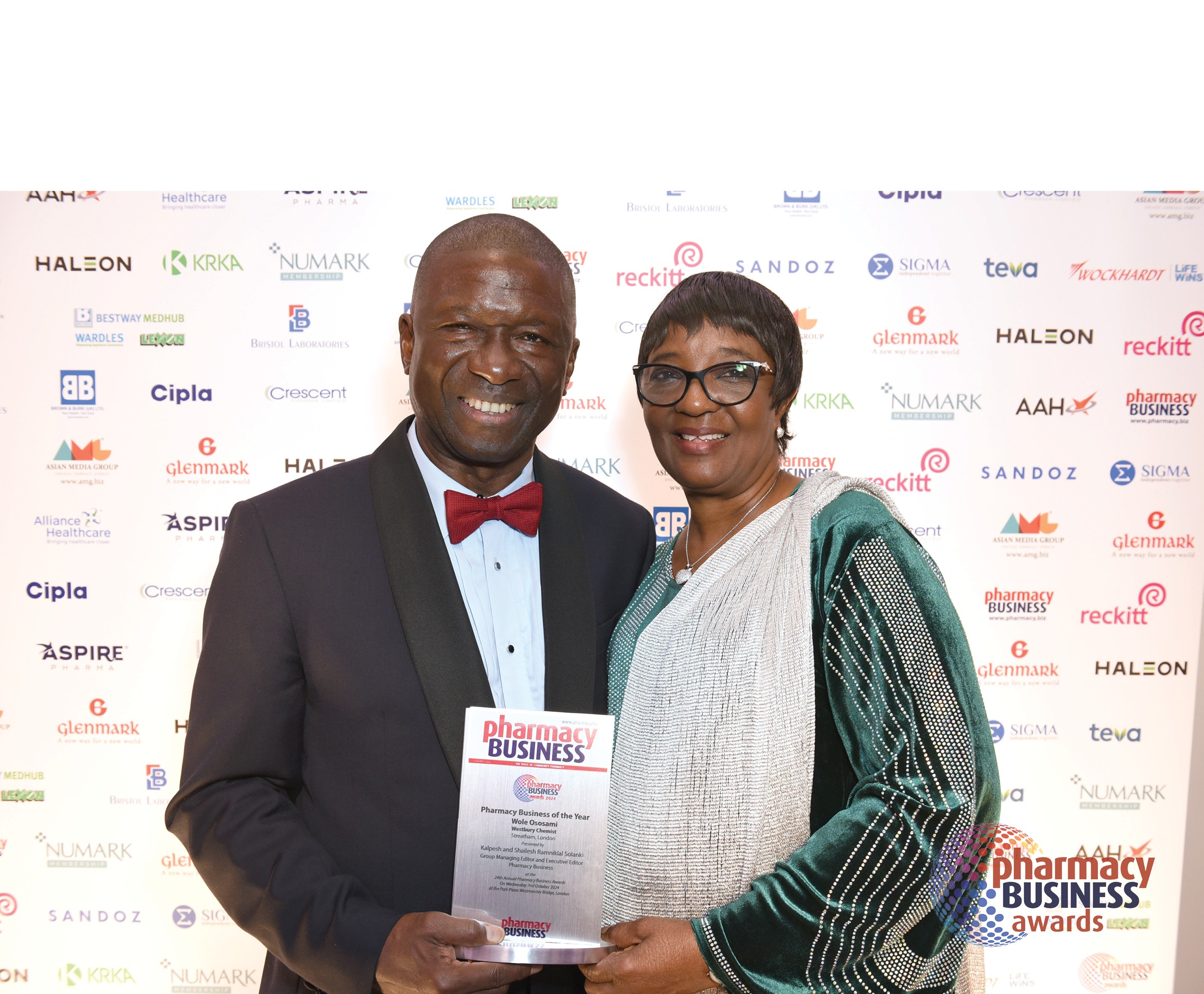The battle against procrastination is a never ending one for many people. I have to be fully aware of my tendency to put things off or do less stressful but unimportant tasks simply because I am too lazy or cannot be bothered to do what is important.
[featured-image single_newwindow=”false”](Image courtesy of Dollar Photo Club)[/featured-image]
And so I spend valuable time on things I am comfortable with or enjoy doing.
Then there is also the issue of diversions and distractions and the many hours lost to drifting thoughts and day dreaming. All this add up to missed deadlines, slow progress on projects and an overall lack of growth for you as a person or for your business.
So why do you procrastinate?
Most people procrastinate for one of several reasons
- The inability to keep focus
- Want to avoid stressful situations
- Fear of failure or the attention that success brings
- Have a tendency to act on impulse and get a buzz from certain enjoyable activities
- Lack of confidence about your personal ability or skill
So how do you combat procrastination and keep on track with important work?
Let me share with you seven simple ways.
[shareable]Stop thinking and start doing.[/shareable]
#1. Use a daily schedule or to do list
This for me is the number one weapon against procrastination. I simply make a list of the tasks I need to do and then I work my way through my list.
Do you use a daily to do list?
My list helps me to schedule daily and weekly tasks. Of course there is the risk of putting too much on your list and not getting through in the time you have allocated. With practice and experience, you will get better at estimating the time you need to complete your daily or weekly tasks.
#2. Eliminate Distractions
Distractions not only cause you to procrastinate and put things off, it also increases the time it takes to complete tasks. You have to spend time re-focusing and finding the place you were before you got distracted and went on a tangent.
Look around your working area, your office or you computer desktop. What is in your space that regularly distracts you? Is it emails, social media or your tendency to work on more than one task at a time.
In order to defeat distractions, work in time blocks and work on only one task at a time. Do not answer the phone or respond to emails on demand. I know your work involves sending out and responding to email. You don’t have to do this every minute of the day. Schedule it in your task list and then do it as scheduled.
#3. Separate your work and play area
If you work from home, you need to have a dedicated work area. Don’t just work from any part of the house. Keep your work area clean and tidy so you don’t have to spend valuable work time procrastinating by arranging your desk.
A separate work area will help you to automatically switch to work mode when you are there.
By separating the area where you work from where you do all your other activities such as watching television or eating, you will drastically reduce distractions and procrastination.
#4. Prioritise your work
Don’t just have a task list, order your list along what you consider to be priority.
What needs to be done first should be done first no matter how difficult or time consuming it is. Don’t save your most important task for last as this will cause you to rush your work and decrease the quality of your output.
And don’t get up from you desk to get a drink in the middle of important work. Focus and complete your work. ( I was about to get up and get a drink while writing this part but I restrained from getting up until I had completed this blog).
Steven Covey in his book the 7 Habits of Highly Effective People gives a useful template for setting priorities and increasing your effectiveness.
#5. Off with your head
This is a strange term which I came up with. It helps me to stop thinking and just do it. With the head we rationalise and tell ourselves how difficult a job, project or task is. We give ourselves so many reasons why it cannot be done and we lie to ourselves about the consequences. So get to the doing as quickly as possible.
Once you start, you are less likely to stop or procrastinate. According to research by the University of California, people are less likely to procrastinate on tasks they have started because of the inherent drive to finish what is already underway.
So instead of waiting for the appropriate time to start your book project, off with your head and do it. As Steven Pressfield said in his book ‘Do the work”, start before you are ready and see yourself doing amazing things.
#6. Find a buddy
Yes this also works. Get yourself an accountability partner or buddy. A coach or mentor also works well. This type of positive peer pressure will keep you focused and on track. You buddy will challenge you and make you accountable for what you have said you will do.
So find someone you are comfortable with and share your challenges with procrastination or distractions and then give that person the permission to challenge you should you fail to do your work as planned.
And if you are paying for a coach, make the effort to get value for your money by completing your agreed tasks.
#7. Reward yourself.
Rewarding yourself for sustained productivity is a great way to combat procrastination. All you have to do is to attach a treat or reward to the completion of a task.
If you are self employed or you run your own business, you will need to be creative about setting rewards. You could attach some of the leisure activities you enjoy to the completion of your daily tasks.
So now you have my list of 7 simple ways to combat procrastination. Pick one or two of them to start with and let me know how it is helping you combat procrastination. You too can beat procrastination and start on a highly productive and rewarding course for your life and business.
What one thing will you do differently today to combat procrastination? Leave a comment.







